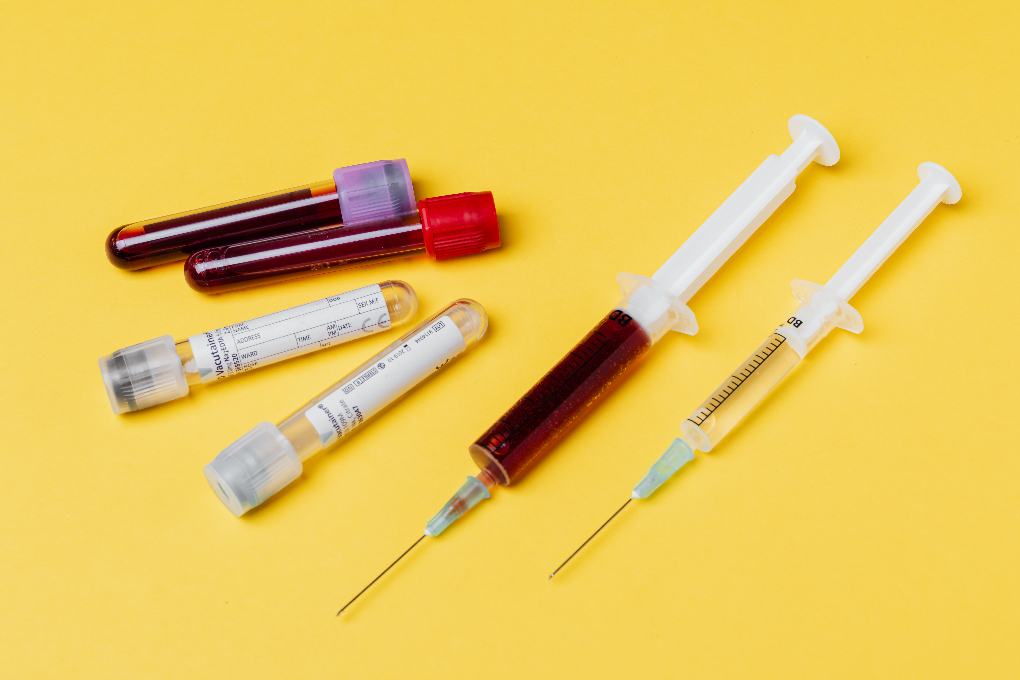How do you diagnose a sexually transmitted infection or STI? Does one test cover all sexually transmitted infections? Are STI tests accurate? How often should you get tested if you have multiple partners? We answer some of your most common queries on STI testing. Read on to get your facts right!
Indian studies have shown the prevalence of one or more STIs among the adult population is between 5-6% – that’s 1 in 20 people! Even if you had sex education in high school, odds are, the section on STIs was nothing more than a couple of gross images and a strong message not to have sex. Or maybe, you have done your research and consider yourself an STI expert! Either way, here’s a primer or a refresher on all things about STI testing. Always remember that condoms are the only effective contraception that can prevent you from getting an STI.
Is There Any One Test That Covers All STIs?
There is no such thing as an all-in-one test for all STIs. Doctors use different tests to screen for each STI. First, it usually involves a conversation about whether you’re experiencing any symptoms as well as a physical exam including a pelvic exam with a speculum. Then they will utilize different types of tests. For instance, chlamydia and gonorrhoea are tested through a urine sample or a vaginal/cervical swab. On the other hand, a blood test is needed to diagnose HIV, hepatitis or syphilis. Depending on your symptoms and risk factors, a combination of a genital swab, urine sample and bloodwork can be used to test for the most common STIs.
How Accurate are STI Tests?
No medical test is 100 percent accurate. But the accuracy of STI tests depends mostly on the type of tests, either a bacterial culture, a DNA test or an immunology test. For example, herpes or HIV blood tests sometimes deliver false results if the virus hasn’t reached a high enough level in the bloodstream to be detected yet. This highlights the importance of getting regular screening. The testing method can also play in a role in the accuracy of the results. Both chlamydia and gonorrhoea can be tested with a urine sample. However, actual cervical or vaginal swab can deliver the best results. So, be sure that you talk about all the testing methods with your physician.
How Often Should You Get Tested If You Have Multiple Sex Partners?
There are no official guidelines for the frequency of STI testing in India at this time, however many international medical societies recommend annual screening if you’re sexually active. If you have multiple partners, you may want to be screened more often. If you’re starting a new relationship, you also may want to get tested before starting any sexual activity. It’s always important to have a conversation with your partner about their testing status and you should feel empowered to ask them. Communication is key to any healthy relationship!
Is It Necessary to Get an STI Test If You Only Have One Partner?
If you suspect that your partner is not monogamous (meaning only being with you), you should talk to your doctor about getting yourself tested. Plus, given that you may not show any symptoms of STIs, it can be wise to get yourself tested. If you have no reason to suspect that your partner has been unfaithful, then you do not necessarily need to get tested for STIs.
What if You Have a Same-Sex Partner?
Even if your partner is the same sex as yourself, any sexual contact can lead to contracting certain STIs such as HPV and genital warts. Your risk for other infections such as chlamydia and gonorrhoea are lower, but not zero. In addition, if you are sharing sex toys it may increase your risk of bacterial vaginosis (BV), which is not an STI. If you have questions or are concerned, you can always talk to one of our doctors.
How Do You Tell Your Partner that You Have an STI?
If you are looking for specifics on how to get an STI conversation started, we suggest you to be direct and honest. Regular testing, vigilant condom usage, and full disclosure is the best way to prevent spreading STIs. There is nothing shameful about having an STI, and if your partner makes you feel otherwise, they are certainly not worth your time!
All that said, it is for you and your doctor to determine if you should be routinely screened for STIs. Getting tested and protecting yourself and others is sexy and at Veera, we’re here to break the stigma around getting tested! Book an appointment with one of our judgment-free doctors on our portal!
Reviewed by Dr. Shailly Prasad, MD, MBA, Resident Physician, Obstetrics & Gynecology.
Disclaimer: Content on Veera is provided for informational purposes only and is not intended as medical advice or as a substitute for medical advice given by a physician or trained professional.


















